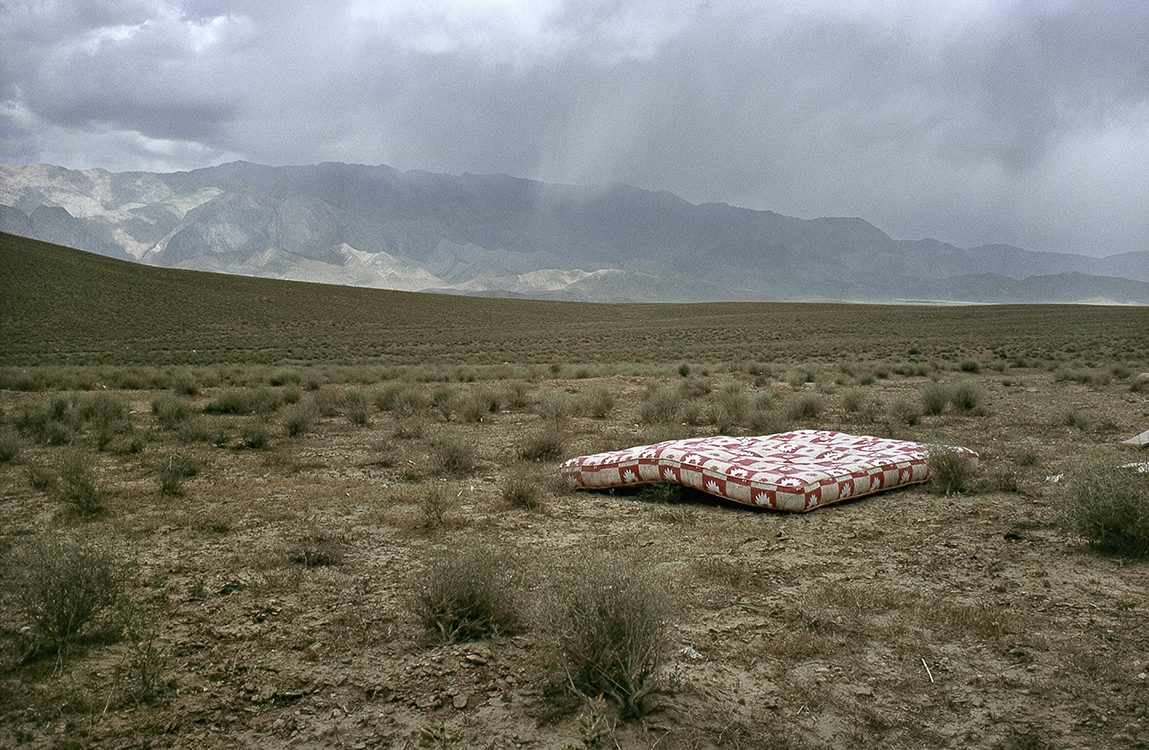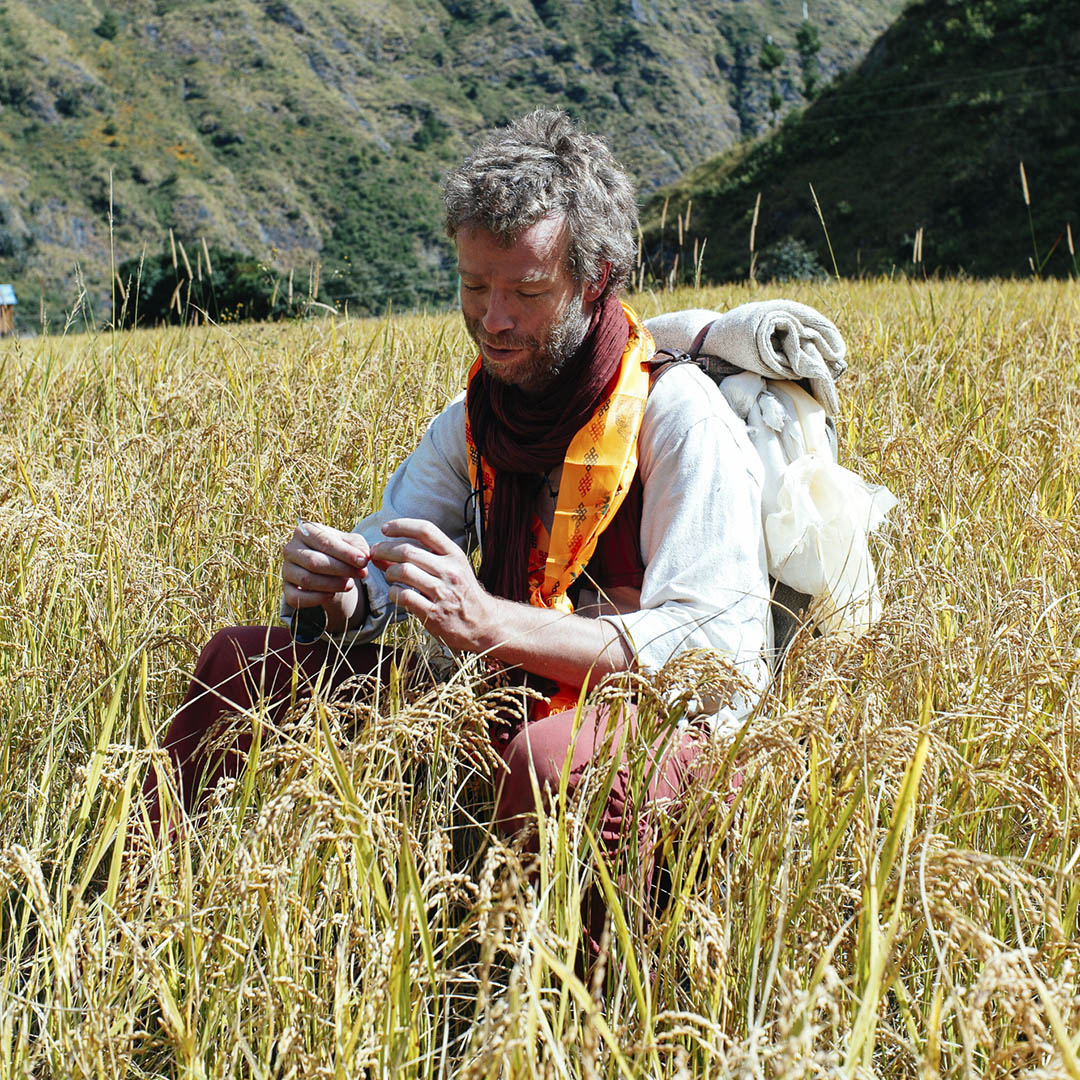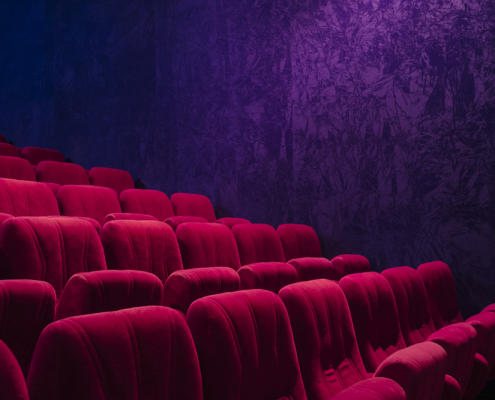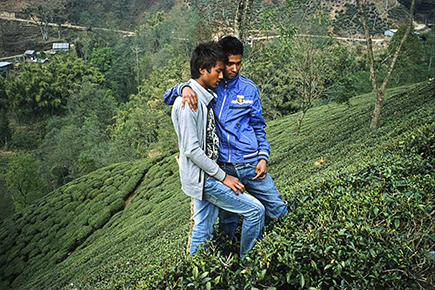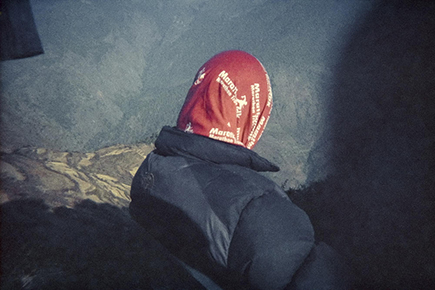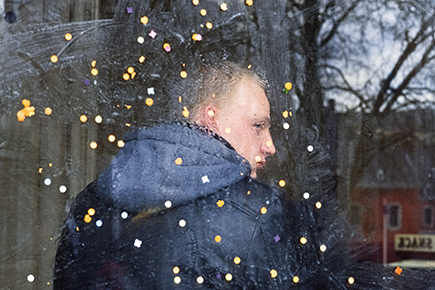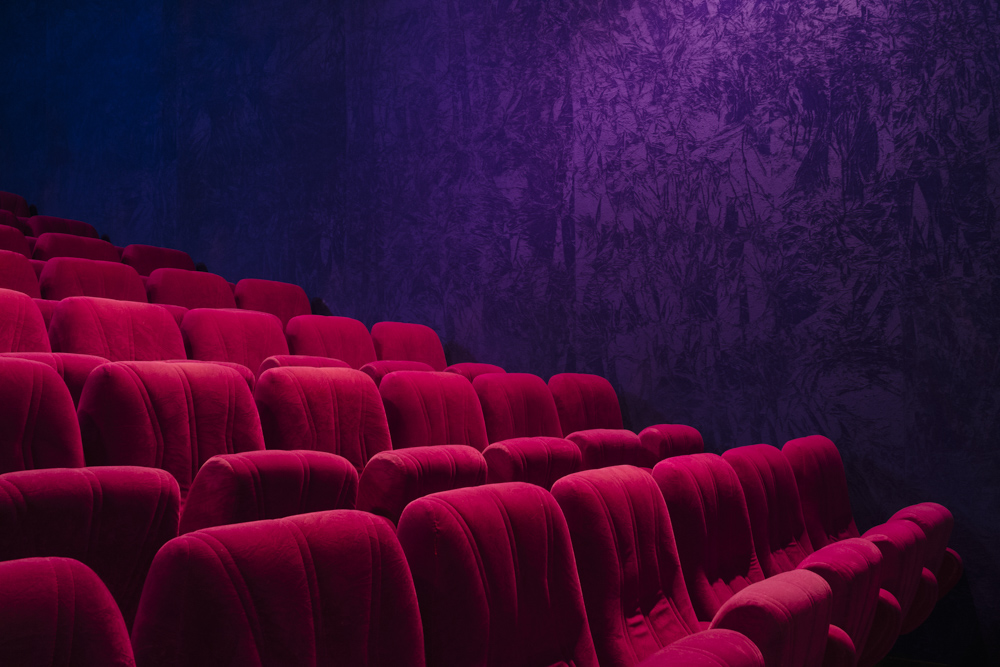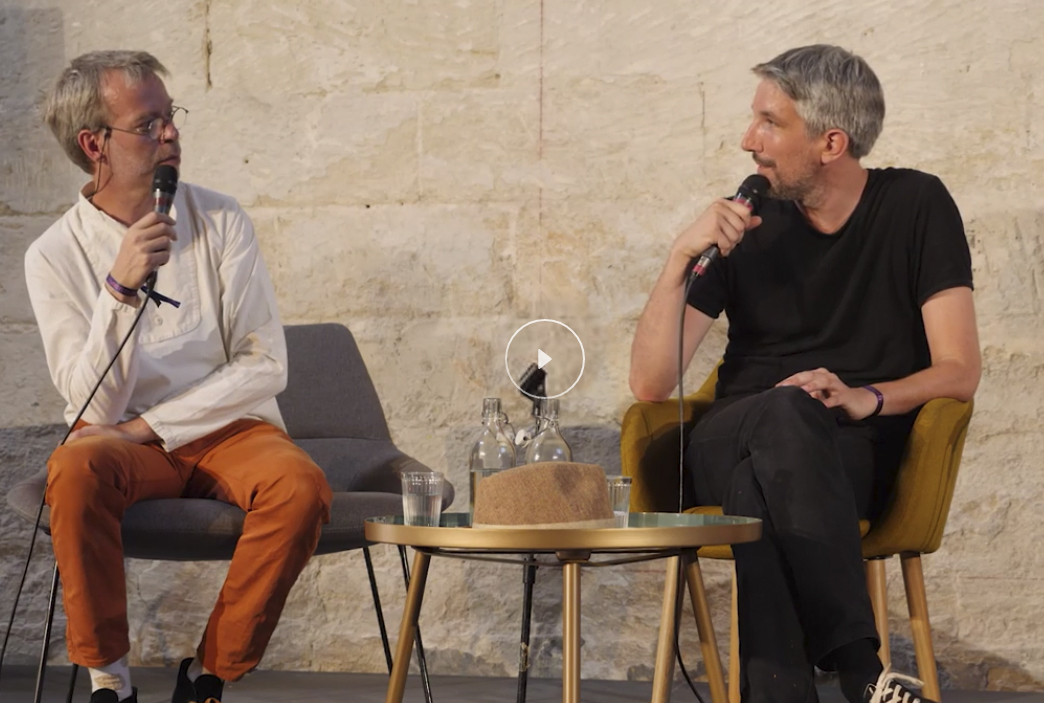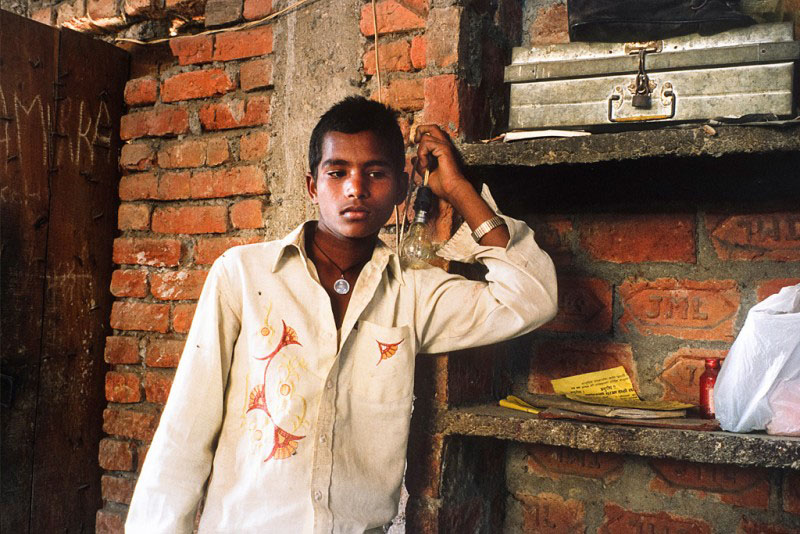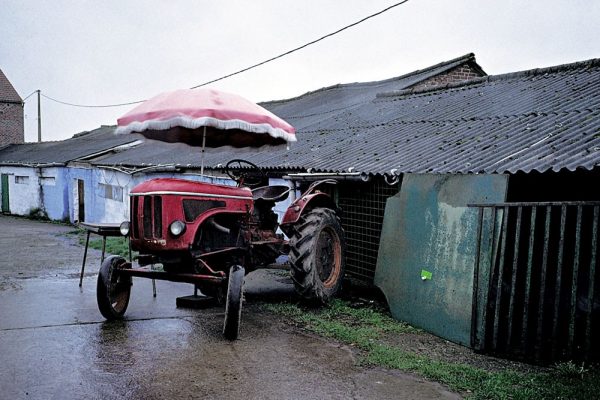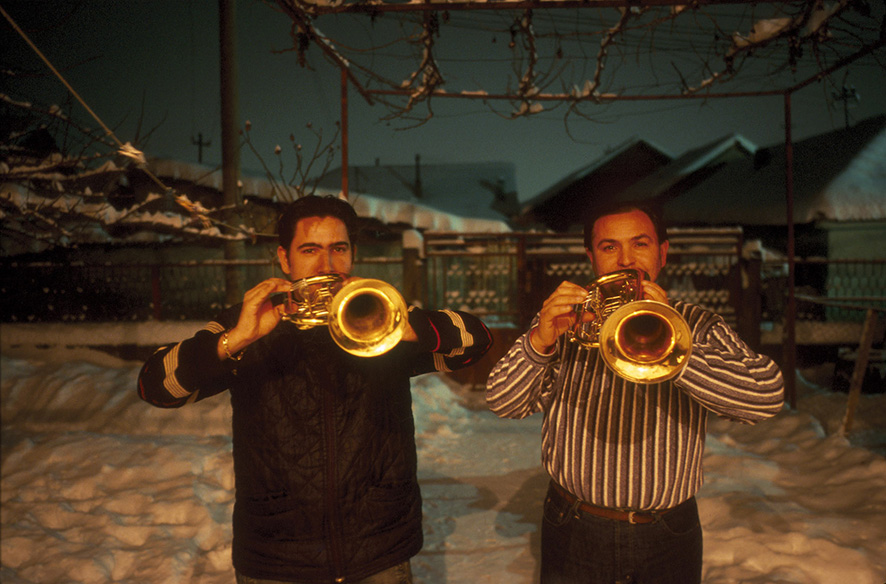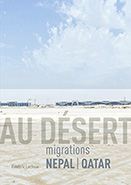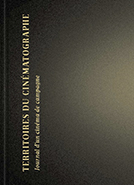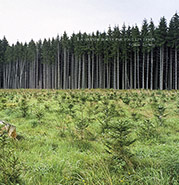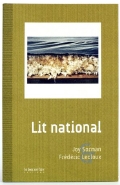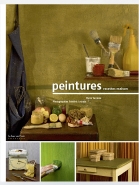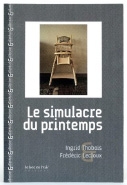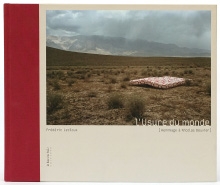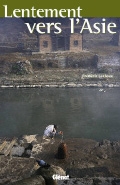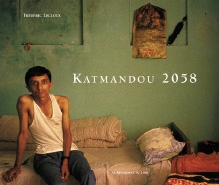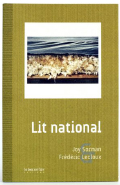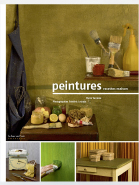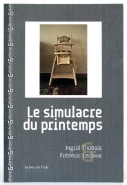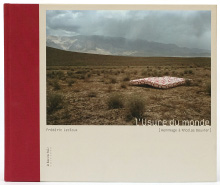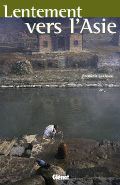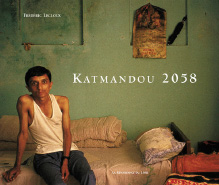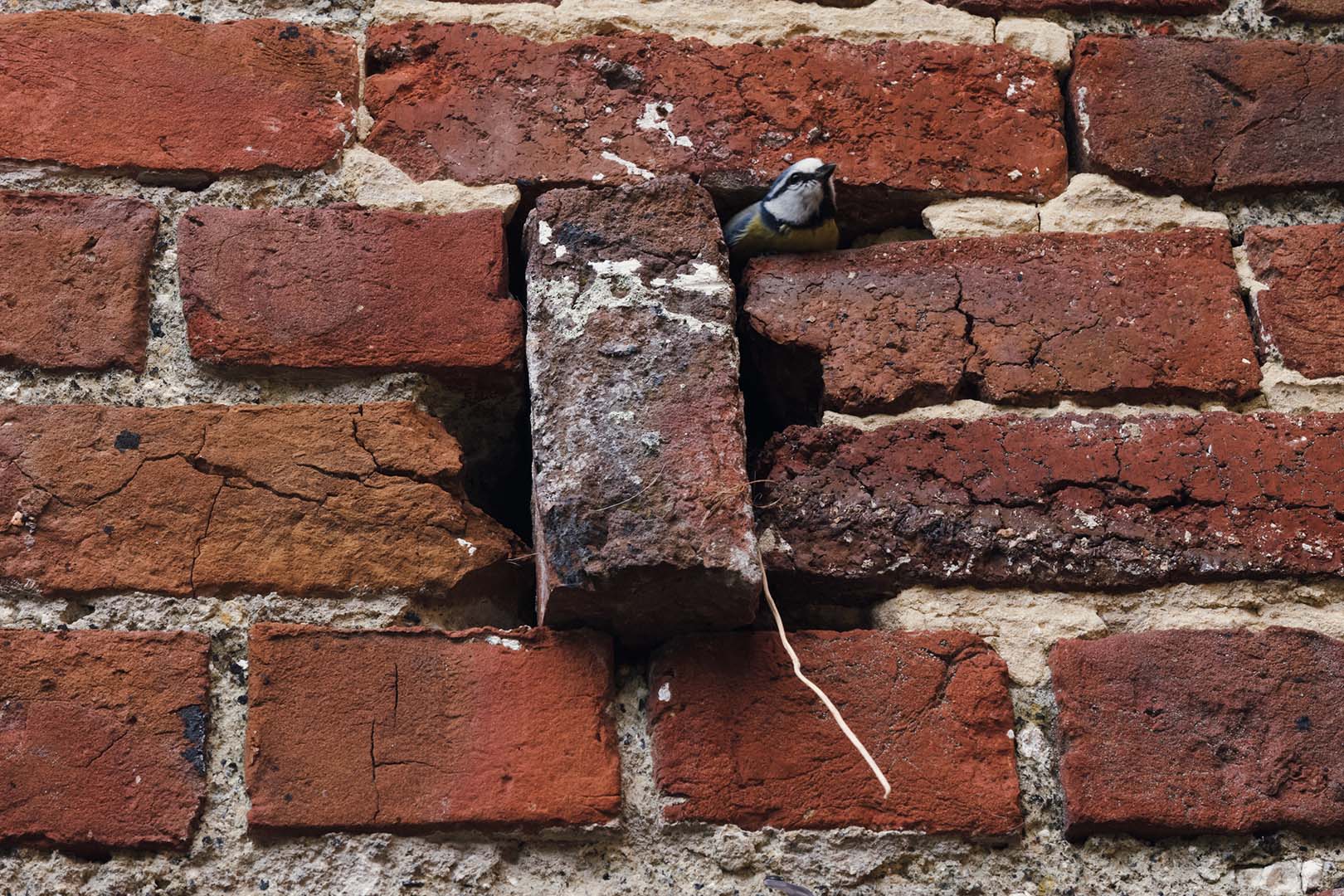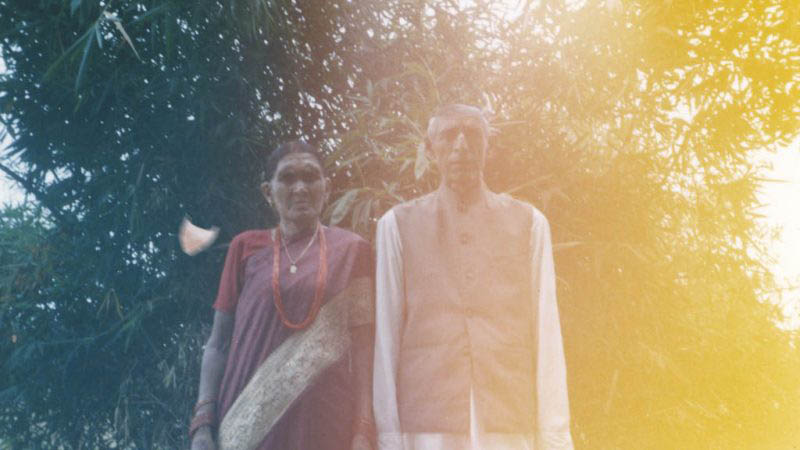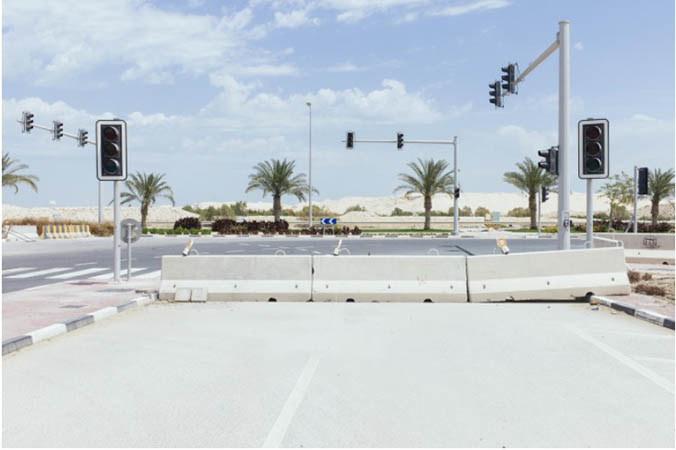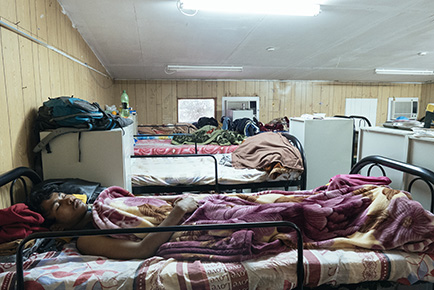 https://agencevu.com/wp-content/uploads/2022/11/PREVIEWLecloux_AuDesert_24.jpg
290
434
Editorial
/wp-content/uploads/2021/05/logo-vert-2.svg
Editorial2022-11-08 15:58:432023-01-05 10:48:47Au désert. Népal-Qatar, le Vide et le vide, 2022
https://agencevu.com/wp-content/uploads/2022/11/PREVIEWLecloux_AuDesert_24.jpg
290
434
Editorial
/wp-content/uploads/2021/05/logo-vert-2.svg
Editorial2022-11-08 15:58:432023-01-05 10:48:47Au désert. Népal-Qatar, le Vide et le vide, 2022Frédéric
SERIES
videos
Le Vide et le vide, 2022
—
The film Le Vide et le vide, directed by Frédéric Lecloux in 2022, was shot in 2016 in the workers’ camps, industrial zone and outskirts of Doha, as well as in Al Khor and Al Wakrah, Qatar. It extends his eponymous series published in the book In the Desert. Migrations Népal-Qatar (Le Bec en l’air, 2022), in which he documented the migratory movements that are emptying Nepal of its people, sharing the daily lives of the families of workers who have left for Qatar.
This hypnotic drift takes us through spaces that are both desert-like and stiflingly hot and crowded, frequented by the country’s millions of migrant workers. For them, from now on, it is with, in and from this new landscape that they will have to manage to be Nepalese – and to stay alive despite the inhuman working conditions, the violence, the heat, the accidents, the suicides of comrades, the ‘heart attacks’, the lack of care and safety, the rapes, the abuses, the cost of the journey, the distance from their families, the daily life in the workers’ camps, the loneliness, the boredom, the segregation, and the guardianship of the employer.
Quel côté de l’absence ?, 2018
—
A film by Valérie Cuzol and Frédéric Lecloux, presented by the Musée Nicéphore Niépce, the Société des Amis du Musée Nicéphore Niépce and the Centre Max Weber.
In a family trajectory disrupted by emigration, where should the dead be buried? Present for some, absent for others, burial becomes a place of anchorage in the chaos of migration. Even if funeral choices seek to maintain continuity, they nevertheless seem to produce ruptures and impermanence.
Based on ethnographic work, the film sketches, rather than shows, the complexity of death in a migratory journey. In their reciprocal dialogue between the social sciences and photography, Valérie Cuzol and Frédéric Lecloux seek to translate rare words on a delicate subject, and give a modest glimpse of the vulnerability of those who speak them. With words of doubt and paradox, the intimate rubs shoulders with the political, and questions belonging and borders in their broadest sense.
Figures avec paysages absents, 2017
—
In 2017, Frédéric Lecloux benefited from an artistic creation residency at the University of Nottingham thanks to a grant from the Leverhulme Trust. He is working with the local Nepalese community, on the representation of their migration experience by reinterpreting their family albums through a series of 17 e-kus, a 17-second multimedia poem.
This is the first e-ku in the series.
E-ku pissenlit, 2011
—
An e-ku about night and photography by Frédéric Lecloux for the Les Nuits Photographiques 2011 festival, Paris.
Interviews
Qatar: the hidden face of the 2022 World Cup
Human rights, narrative and counter-narrative
Round-table discussion organized by Amnesty International France as part of the Ateliers de la pensée du Festival d’Avignon, 16 July 2022.
—
Moderated by Guillaume Meurice journalist, July 2022
With Frédéric Lecloux photographer, Ronan Evain Director General of Football Supporters Europe, Carole Gomez Director of Research at the Institute of International and Strategic Relations (Iris), Lola Schulmann Advocacy Officer at Amnesty International France
Rien à voir
Arte Radio
—
Interview by Aude Laporte, 2015
Aude Laport interviews Frédéric Lecloux, Photograph and great traveler, notably in Nepal. His motto: “Apply what Nicolas Bouvier taught me on slowness and time”.
Le Grand Voyage
RTBF
—
Interview by Sara Pire, 2013
Sara Pire interviews Frédéric Lecloux, photographer for Brumes à venir published by Le Bec en l’air.
Pas la peine de crier
France Culture
—
Interview by Marie Richeux, 2012
Marie Richeux interviews Frédéric Lecloux, photographer for Brumes à venir published by Le Bec en l’air.
Pas la peine de crier
France Culture
—
Interview by Marie Richeux, 2012
Marie Richeux interviews Frédéric Lecloux, photographer for L’Usure du Monde published by Le Bec en l’air.
BOOKS
Awards
Winner of an Aide individuelle à la création from the Drac Hauts-de-France
For “La Convivialité. Photographier dans l’Anthropocène”
2024
Leverhulme Trust Artist in residence (United Kingdom)
For “Figures avec paysages absents”
2016
CNAP Grant (France)
For “Népal-Qatar, le vide et le plein”
2015
